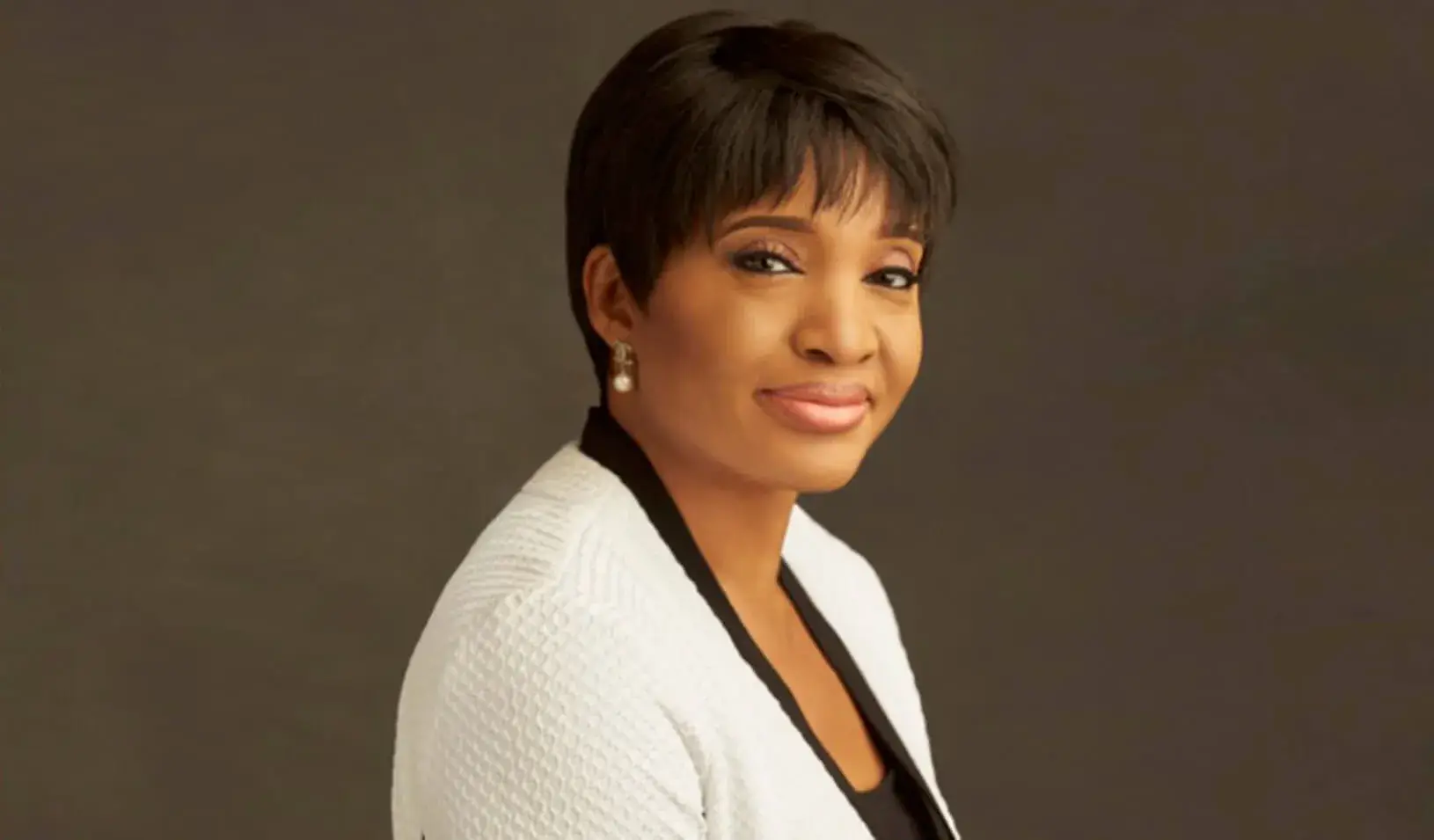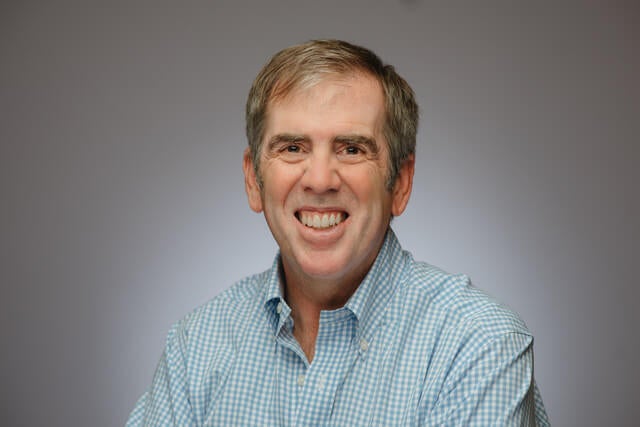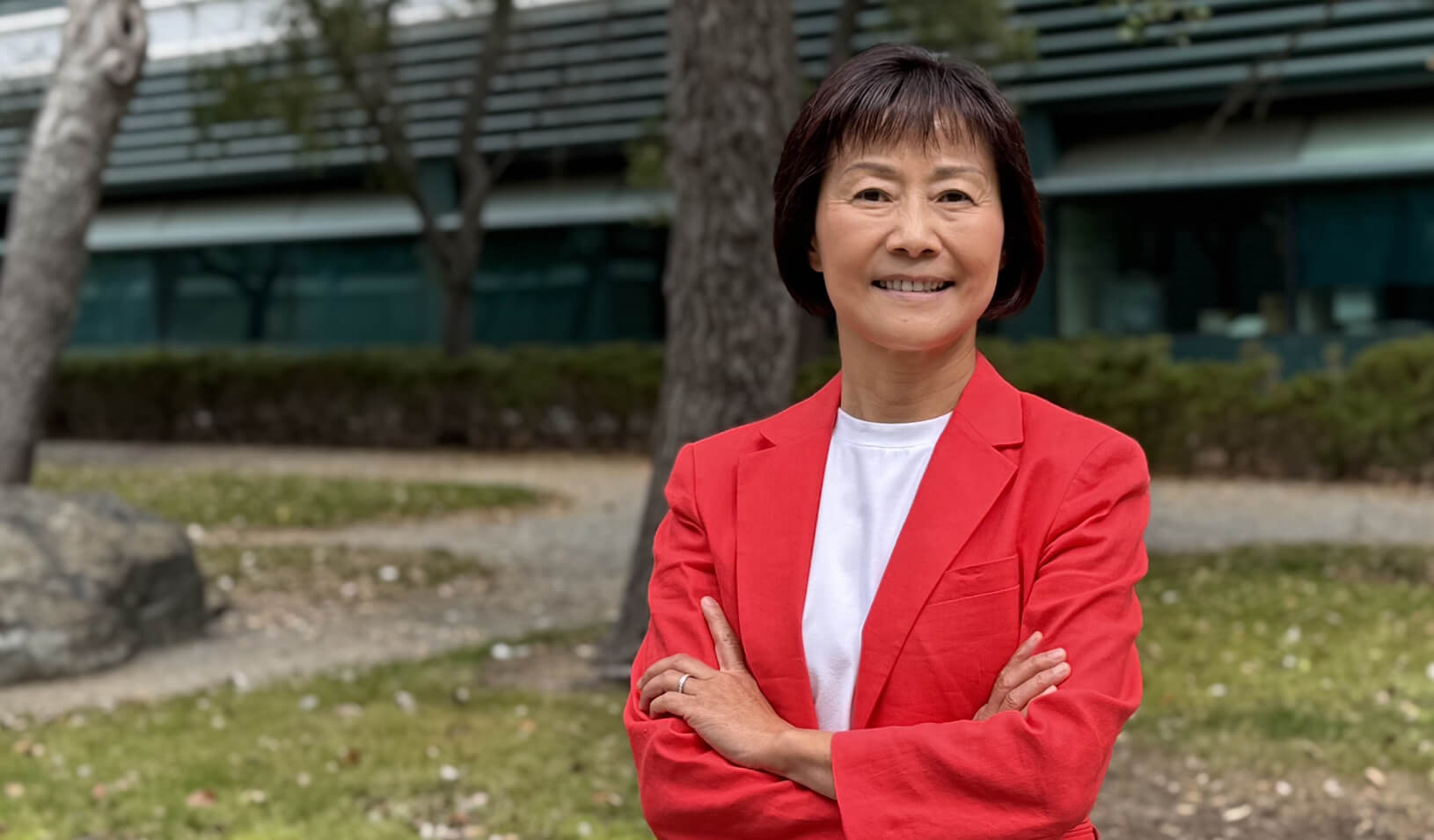A Board Member Embraces Strategies for Dealing with Global Risks
A conversation with Catherine (Cathy) Echeozo about her experience in the Managing Risk and Reputation in a Complex World program
September 26, 2023

On a recent trip to Egypt with the investment committee of British International Investment, former banking executive Cathy Echeozo of Nigeria was struck by how the ongoing war in Ukraine had substantially driven up the local price of bread. To help her better understand how forces beyond the market are affecting businesses today, Echeozo attended the Managing Risk and Reputation in a Complex World (MRR) program.
You’ve worked in leadership banking roles for more than three decades, during which time businesses have become more and more affected by global events. Today you’re active on numerous boards. What was your primary objective in taking this program now?
From where I sit on various boards, I have seen so much turmoil in the last few years around non-market actors such as the war in Ukraine, the Covid pandemic, and political turmoil in Nigeria. It has made me realize that the world of business is so much more than the parameters we are used to dealing with such as the market, the customer, and competition.
The business linkages around the world are really complex today. I wanted to expand my horizons more broadly than the particular industry I’m in and more broadly than the particular business factors that I’m used to dealing with.
You’re talking about factors that are outside of what we traditionally think of affecting businesses – non-market factors like activism, climate, political tensions, and regulations. How did the MRR program help you make sense of this new world of risk management and preparation?
The first was through the use of case studies from real and recent events, such as Covid. They were very well put together and went beyond the traditional realms of business strategy. The second was the way the professors and instructors summarized non-market risks – the public, the political environment, and legal and regulatory factors. They took us through these three verticals using the case studies to show us how these actors can enter our space and turn our world upside down. For example, the program discussed how activists have disrupted Volkswagen and how regulations have affected Uber.
What was the program’s learning atmosphere like?
Very stimulating. There were role playing opportunities every day. We acted out the roles of different stakeholders during a crisis…executives, the press, the upset stakeholders, etc. Some of these role players had the spotlight on them; some of the CEOs were summoned before the U.S. House of Representatives and they had to sit there, answering questions and nervously drinking water under the glare. It made us empathetic and realize that anybody could be in the hot seat. It’s important to be prepared.
What were some of the takeaways in terms of how businesses can prepare amidst uncertainty?
There were quite a few. One of the lecturers focused on the importance of being leaders by self-regulating – in other words, not waiting for someone to come in and impose regulations but proactively putting guidelines in place. Another takeaway was to spend time establishing and maintaining your reputation and developing relationships. When a crisis hits, if you have a solid reputation you have a better chance of the public having goodwill toward you. I’ve always seen reputation as something to help build business but now I see another aspect of it: it’s what will help us during a crisis.
How will what you’ve learned allow you to better serve the boards on which you sit?
The boards I serve on have strong executives running the business. When you are brought in as an outsider, you have to really add value at a higher level. So my role as a non-executive board member is to engage them at a slightly higher level – by asking how these companies are looking at non-market risks and preparing for them so they don’t become a crisis. I’m taking them beyond their area of comfort in their industry and marketplace. I’m taking them to the global arena and getting them to think bigger about the future.


